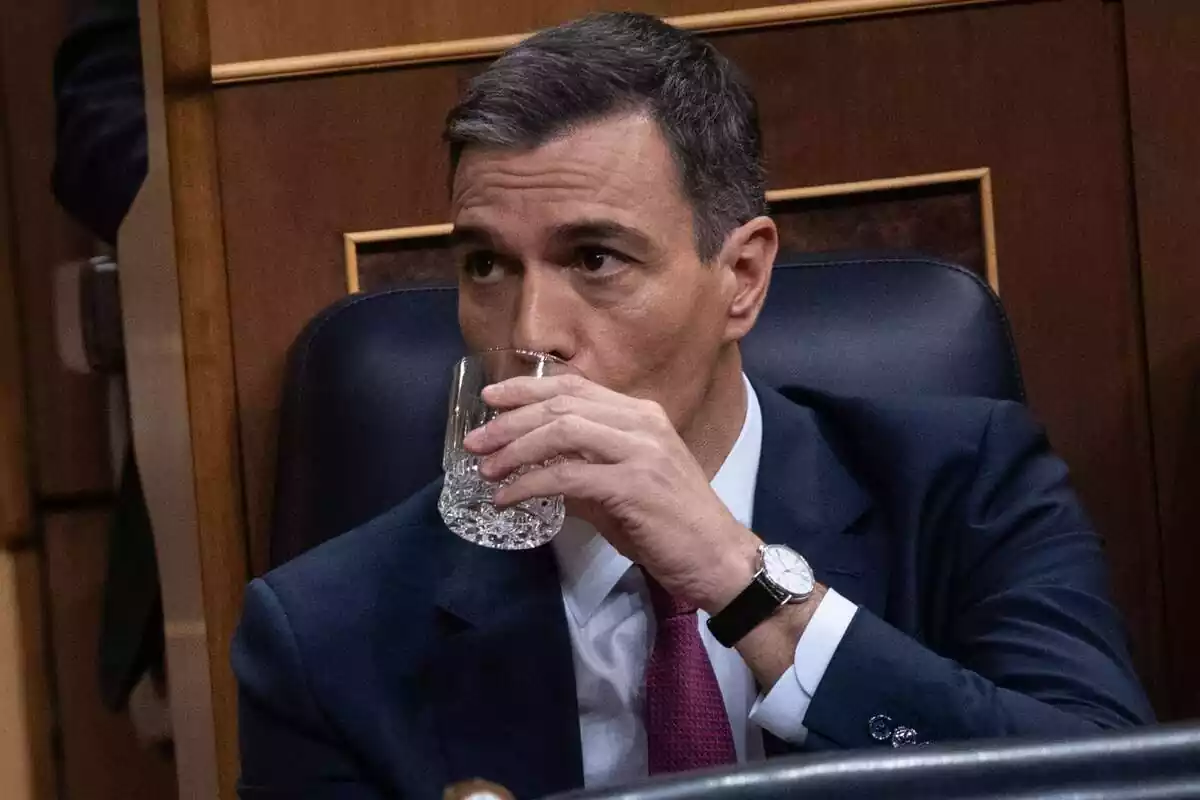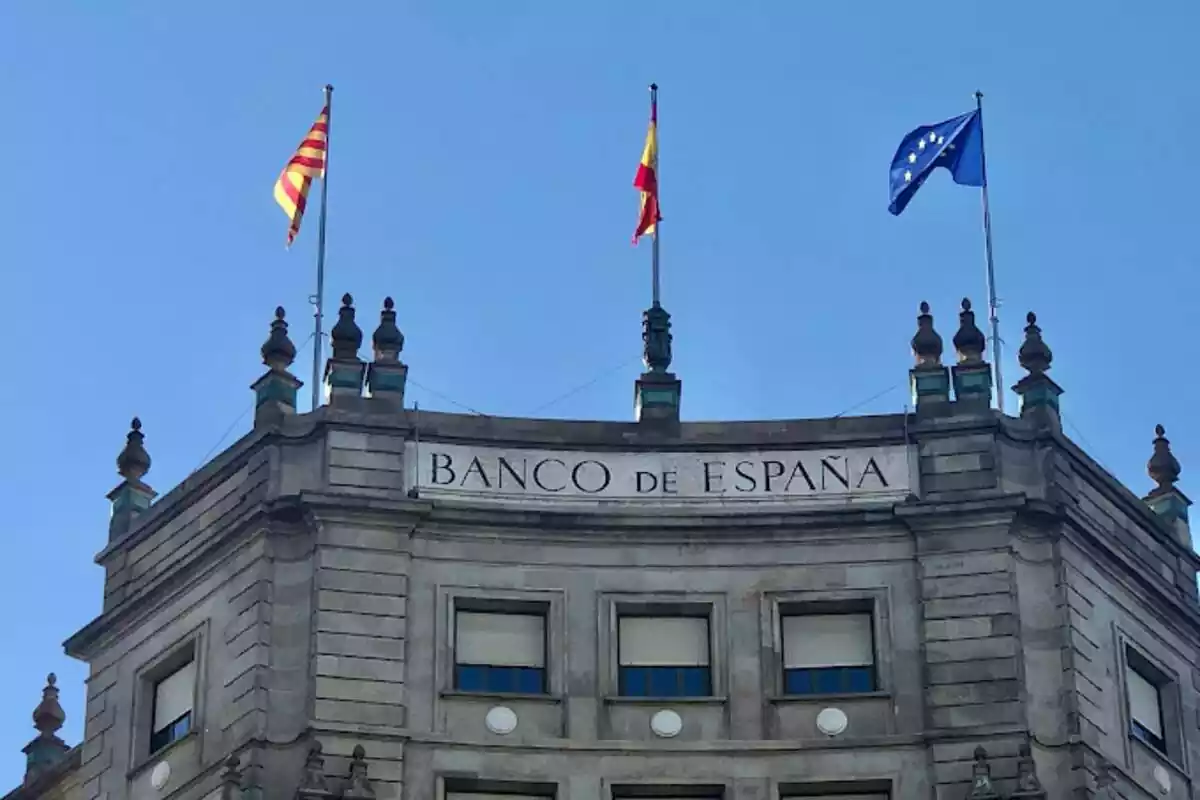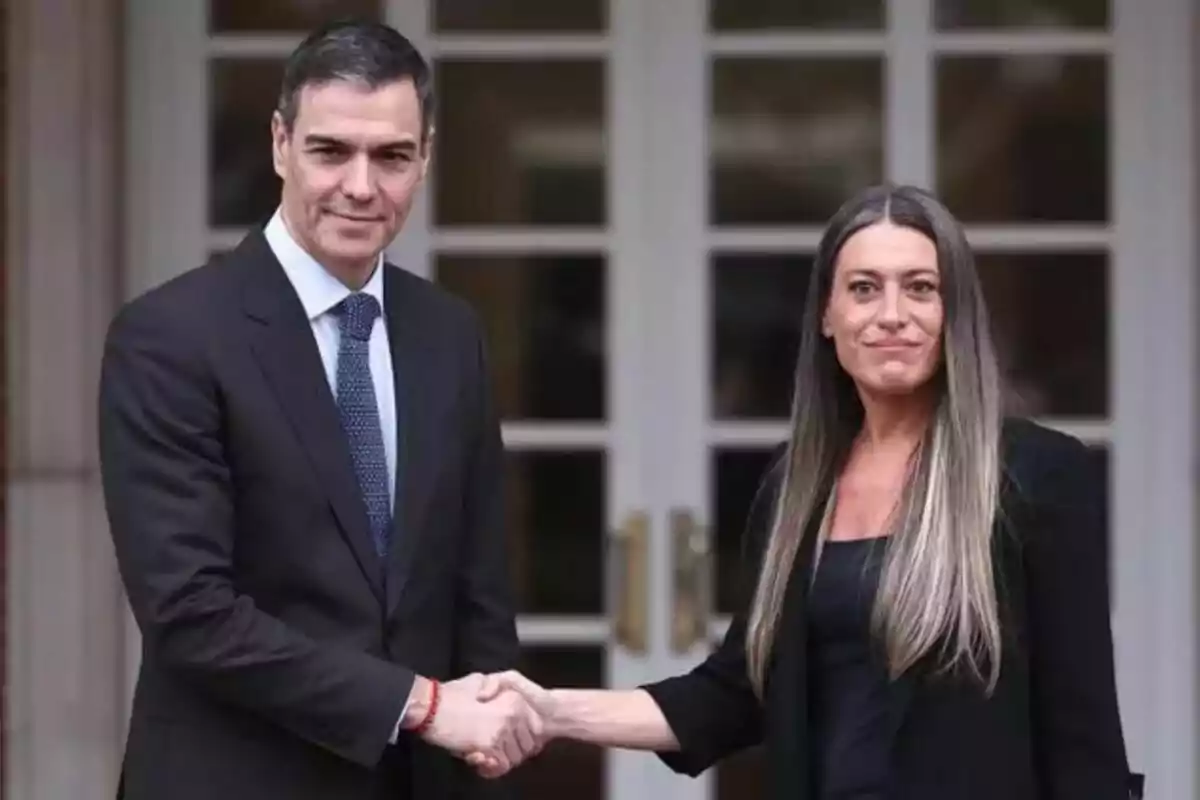
Another blow for Pedro Sánchez: the economic miracle is losing steam
Buying votes and members: Sánchez's strategy to stay in Moncloa runs out of money
Spain's economic growth, one of the pillars on which Sánchez has based his political strategy, is going through a slowdown phase. This could further complicate his government in the coming years. Despite the recovery after the pandemic, forecasts for the next quarters point to a lower growth rate. In other words, Sánchez would find it increasingly difficult to use public funds to buy partners and votes.
An economy that slows down
According to the most recent projections from BdE and other organizations, Spain's GDP will grow by 2.4% in 2025. This represents a reduction compared to previous years, marking the beginning of an economic slowdown. In 2026, the estimate is even lower, with growth not exceeding 2%.
The slowdown is the result of several factors, such as increased tariffs, international uncertainty, and the trade war. In other words, a direct blow to the country's external balance. In this regard, BdE has highlighted that external demand, especially exports, will have a negative contribution to growth. This way, dependence on domestic demand increases: private consumption and public investment.

The price of Pedro Sánchez's strategy
This economic cooling comes at a key moment for President Pedro Sánchez's government, which has based his strategy on good economic results. In this context, the president has used the economic recovery as an argument to implement social policies that have allowed him to attract votes, make concessions to his political partners, and keep himself in power.
Sánchez's policies have boosted employment, especially with the incorporation of immigrants, which has expanded the tax base. However, the economic slowdown threatens to limit the government's ability to keep financing these programs and policies. "De facto," this refers to social spending and the unsustainable pension problem.
In addition, the growth of public debt, which has financed all this, could become unsustainable if the slowdown is prolonged. Forecasts indicate that the debt will not decrease significantly in the coming years.

The dilemma of pensions and social spending
The economic outlook also highlights the challenge Sánchez faces in keeping the balance in his pension system. The slowdown in economic growth could worsen the Social Security deficit, since employment is growing at a slower pace and the collection of social contributions could be affected. Despite efforts to improve the system's sustainability, the problem remains a ticking time bomb.
With the economy slowing down, the question of whether Sánchez will be able to keep his social agenda in the long term becomes increasingly relevant. His strategy could be limited by a lower capacity to generate tax revenue and manage debt. In addition, as we have seen, analysis organizations are not optimistic. All this assuming that PSOE is at its highest level of parliamentary weakness.
More posts: